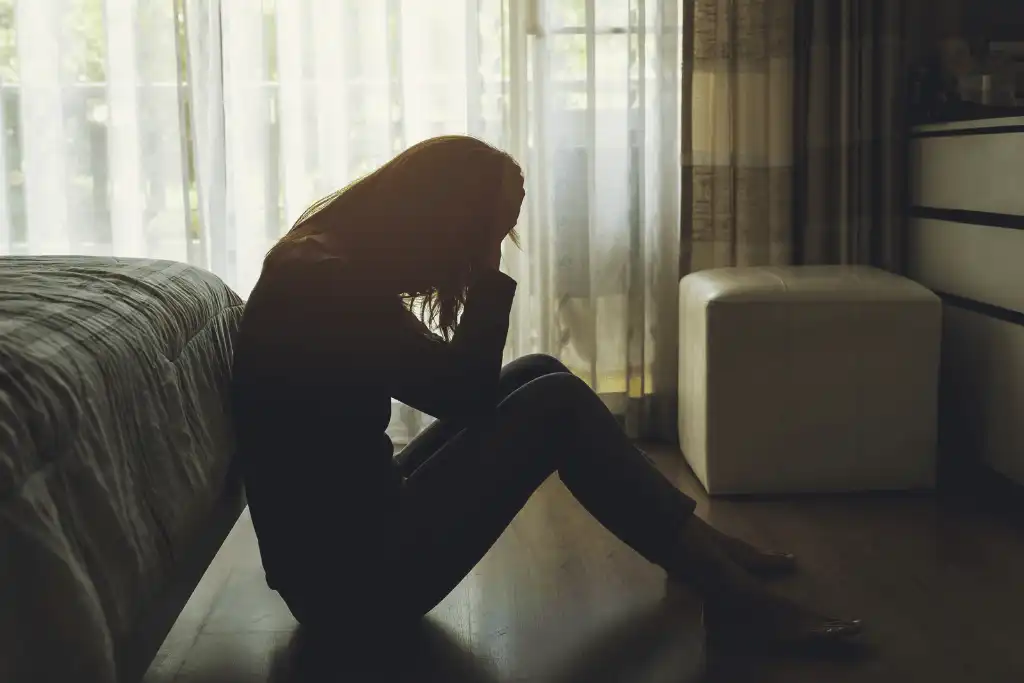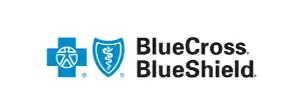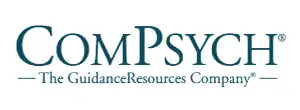Bipolar Disorder Treatment in Nashville, TN
Bipolar disorder is a mental health disorder that affects a person’s mood, energy, and behavior. Medical professionals characterize the complex disease by episodes of extreme highs, considered mania or hypomania, and lows, which present as depression. The episodes come between periods of normal moods and can last from a few hours to days into several weeks.
If you or a loved one is struggling with these symptoms, we want to help. Our Bipolar Disorder Treatment Center in Nashville, TN, provides the individualized care our clients need to control their illnesses and take back control.
What are the Symptoms of Bipolar Disorder?
While bipolar disorder is characterized by unusually intense emotions accompanied by changes in sleep patterns and activity levels, understanding the differences between manic and depressive episodes is important to the individual and loved ones offering support. The National Institute of Mental Health (NIMH) breaks down the symptoms of both.
Symptoms of Manic Episodes
- Feeling very up, high, elated, or extremely irritable or touchy
- Feeling jumpy or wired, more active than usual
- Having a decreased need for sleep
- Talking fast about a lot of different things (“flight of ideas”)
- Racing thoughts
- Feeling able to do many things at once without getting tired
- Having an excessive appetite for food, drinking, sex, or other pleasurable activities
- Feeling unusually important, talented, or powerful
Symptoms of Depressive Episodes
- Feeling very down or sad, or anxious
- Feeling slowed down or restless
- Having trouble falling asleep, waking up too early, or sleeping too much
- Talking very slowly, feeling unable to find anything to say, or forgetting a lot
- Having trouble concentrating or making decisions
- Feeling unable to do even simple things
- Having a lack of interest in almost all activities
- Feeling hopeless or worthless or thinking about death or suicide
What are the Types of Bipolar Disorder?
Three diagnoses fall under the bipolar disorder category: bipolar I and II disorders and cyclothymic disorder. We provide the appropriate diagnosis to facilitate the necessary treatment plan for each individual.
- Bipolar I disorder: The most telling characteristic of bipolar I disorder is the extreme mood swings individuals suffer from. These mood swings include racing thoughts, hyperactivity, and excessive energy. Many individuals also tend to have bouts of depression, where they feel a sense of hopelessness and despair. Often, these episodes can last for days or even weeks. In more elevated cases of bipolar I disorder, individuals may experience psychotic symptoms, including delusions or hallucinations. To treat bipolar I, options may include a combination of medication coupled with group therapy and individualized therapy.
- Bipolar II disorder: With bipolar II disorder, individuals experience many of the same symptoms as bipolar I disorder but also hypomania, a mild form of mania, along with high levels of energy and creativity. Many individuals with bipolar II disorder tend to engage in risk-taking behaviors such as spending money carelessly and engaging in sexual activities they might not normally do. Bipolar II disorder can also impair social judgment and complicate maintaining a job. Treatment for bipolar II disorder includes medication, therapy, gaining strategies, and an understanding of how to redirect to positive lifestyle changes.
- Cyclothymic disorder: This form of bipolar disorder causes individuals to cycle between episodes of hypomania and mild depression. While mood swings are not as severe as those with bipolar I and II disorders, they tend to happen more frequently. Since individuals with cyclothymic disorder have trouble with daily activities, treatment options include therapy and medication.

Southeast Addiction Center’s Comprehensive Bipolar Disorder Treatment Programs
People with bipolar disorder experience episodes of mania, which can include feelings of euphoria, extreme irritability, intense energy, and the desire to engage in risky behaviors. The bouts of depression can include feelings of hopelessness, sadness, and loss of interest in activities that previously brought joy. However, bipolar disorder can be managed with medication, therapy, and lifestyle changes.
Through our treatment programs, individuals can take control of bipolar disorder by participating in varying levels of care.
Partial hospitalization program (PHP): This option is a day treatment where patients receive healthcare services daily and return home in the evenings. Clients spend up to 30 hours a week at our treatment center.
PHP is ideal for people who require the following:
- A higher level of care than standard outpatient care provides
- Comprehensive treatment services
- Medical monitoring during the day
- Potential emergency services during the day
Intensive outpatient program (IOP): IOP is a less intensive option for patients to receive treatment 3-5 five days a week in 3-hour sessions.
IOP is ideal for people who have the following:
- A robust support system at home, work, and in the community
- Stability in their home
- Lower risk of relapse when returning home
- Comfort working in group settings
- No risk of severe withdrawal symptoms
- Jobs or school responsibilities that require flexibility with their schedule
Aftercare/Outpatient: Aftercare and continuous support are critical to maintaining control of bipolar disorder. Support can include ongoing family and individual therapy or counseling, continued participation in support groups or 12-step programs, and regular check-ins with a therapist.
Traditional outpatient is best for people who:
- Are beginning their recovery journey
- Transitioning to a different level of care post-PHP or IOP
- Need access to a 12-step group or group or individual counseling
Sober living homes: Our sober living homes offer structured housing that provides additional accountability through drug tests and curfews as a residential treatment component. Sober living is often used in conjunction with PHP and IOP.
Sober living homes and residential treatment centers are ideal for our clients who need the following in conjunction with a PHP or IOP program:
- Opportunities to create meaningful social relationships
- Ongoing support and structure
- Time to learn life skills
- Safe space to learn coping skills
- Time to make the transition easier into living on their own or with loved ones
- Ability to learn to maintain goals and strategies for entering into a healthier lifestyle
Individualized Care Services for Bipolar Disorder
Southeast Addiction Center tailors treatment plans to each client’s unique needs through several treatment plans.
- Individualized Therapy: Our individualized therapy focuses on each client’s unique needs. Our therapeutic approach recognizes specific concerns, and therapists develop specialized goals for each individual. Our therapists work collaboratively with each client to create a plan that goes beyond the one-size-fits-all model and leads to greater self-awareness for our clients.
- Post-treatment Support: Once our clients complete their individualized treatment plan, we introduce them to our aftercare approach. Support can include ongoing family and individual therapy or counseling, continued participation in support groups or 12-step programs, and regular check-ins with a therapist.
- Medication Management: This individualized care service uses a combination of prescription medications and counseling to help people continue their recovery. Research has shown that this level of service is effective for not only working toward long-term recovery but also teaches our clients how to build a recovery lifestyle. We suggest our clients enter a medication management plan early in their recovery.
Seeking professional treatment for bipolar disorder is extremely important as it allows individuals to manage their symptoms while improving their quality of life. Without the necessary treatment, individuals may experience more frequent and severe mood swings, which can negatively impact relationships, work, school, and everyday life. However, interventions such as mental health treatment allow a therapist to monitor an individual’s progress and adjust treatment plans during a program.
Southeast Addiction Center in Nashville is independently owned and operated, allowing us to provide personalized, client-focused care. We can prioritize clients’ needs and quickly adapt to innovative treatment strategies. Furthermore, we foster a sense of community and connection, which is essential during treatment.
Southeast Addiction Center’s Nashville Team
Our team of experienced, licensed therapists is ready to support clients on their journey to recovery, which is our number one goal. When you work with our caring team, you will receive first-hand care from some of the top leaders in the field who have established themselves as mental health experts.
Insurance and Payment Options
Because we don’t want money to hinder clients from receiving the best care available, we have health insurance coverage options and payment options for those without insurance. We aim to make bipolar disorder treatment affordable to those who need it to help clients take control of their mental health condition.
We accept most forms of insurance from the following providers:
- United Healthcare
- Magellan Health
- Beacon Health Options
- UMR
Our team will help you understand how your insurance covers bipolar disorder treatment programs. In addition, we offer free consultations and can recommend a program that is the best fit for each client.
Contact Southeast Addiction Center for Bipolar Disorder Treatment Today
By providing a supportive environment, monitoring medication levels, and providing personalized treatment plans and services, we make it a smooth process for our clients to focus on their recovery and regain control over their lives.
Through individualized therapy, medication management, and post-treatment support using evidence-based treatments, we create a comprehensive approach to bipolar disorder treatment programs that lead to wellness and combating mental illness.
If you or a family member needs support with treating bipolar disorder, we encourage you to contact the center to speak to a member of our treatment team to discuss your specific needs at (888) 981-8263 or email us at info@southeastaddiction.com.
Our Programs
- Partial Hospitalization Program (PHP)
- Intensive Outpatient Program (IOP)
- Medical Detox
- Sober Living
About Us
- Our Team
- Tour
- Testimonials
- FAQs
Your Recovery Starts Here
Our admissions team is ready 24/7 to guide you through the process, from admission to coordinating travel, treatment programs, and more.
Most Insurances Accepted










Drug Addiction Frequently Asked Questions (FAQ)

Anyone can develop an SUD. Factors contributing to increased risk for addiction include genetics, family history of substance abuse, the environment, and the age at which someone is introduced to a substance.